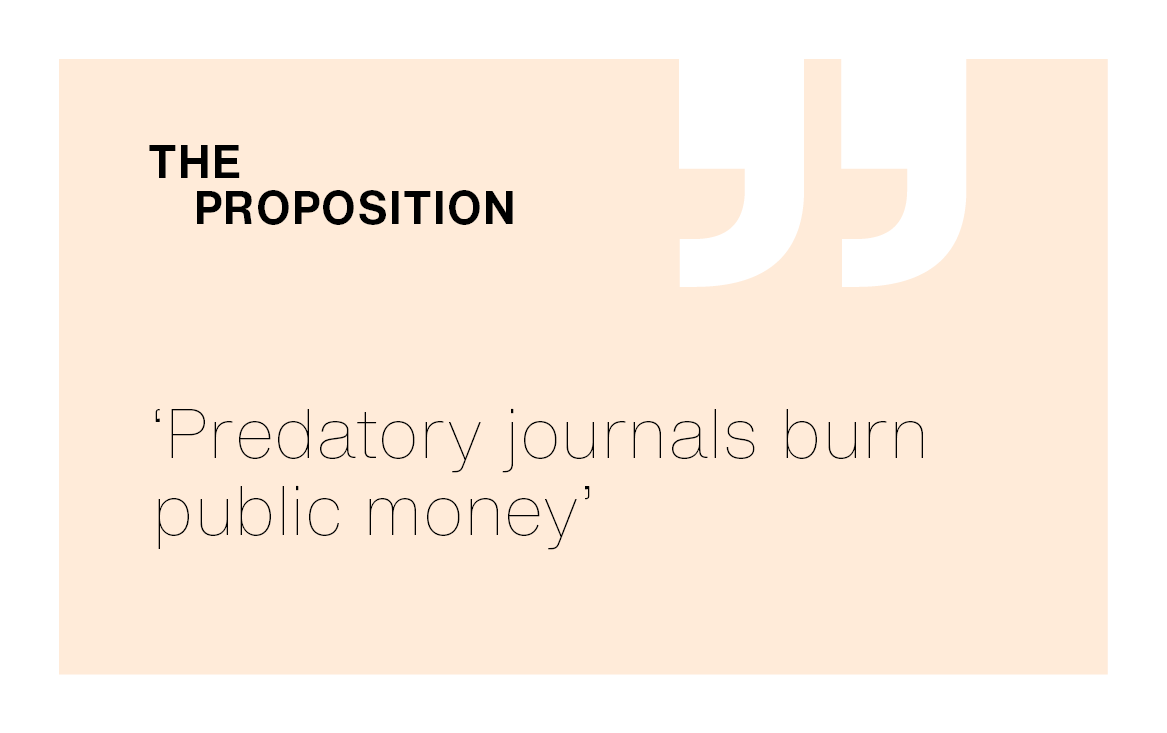Text Ning Fan
PhD candidates explain their most thought-provoking proposition. This time it’s Annika Tensi, who received her PhD on 23 June for her research on the economic effects of sustainable innovations on arable farms.
‘From 2021 to 2023, I was an active member of the Open Science Community Wageningen (OSC-W). In this role, I became aware of the different quality standards and business models of academic publishers. It frustrated me that some journals do not have rigorous publication procedures in place. For example, I found a paper in a predatory journal with a publication timeline of less than a month from submission, which made me doubt the thoroughness of the review process and the factual accuracy of the paper’s statements. I think this is a concern shared by many researchers. Can serious researchers trust these papers?
Most research funding comes from taxpayers. When research is published in dubious journals and therefore not trusted, isn’t that a waste of taxpayers’ money? In another scenario, if “bad research” is not filtered out through a thorough review process and is then used by public funding agencies to set up new projects, this burns even more public money. The only benefiting party is the publisher of the predatory journal.
Of course, I am not saying that such predatory journals are entirely negative. After all, they publish papers with open access and are accessible to researchers with limited funds, given that the publishing fees are lower than those of other journals. However, as we economists often say, “there is no such thing as a free lunch”. In this case, is it at the expense of public money?’




